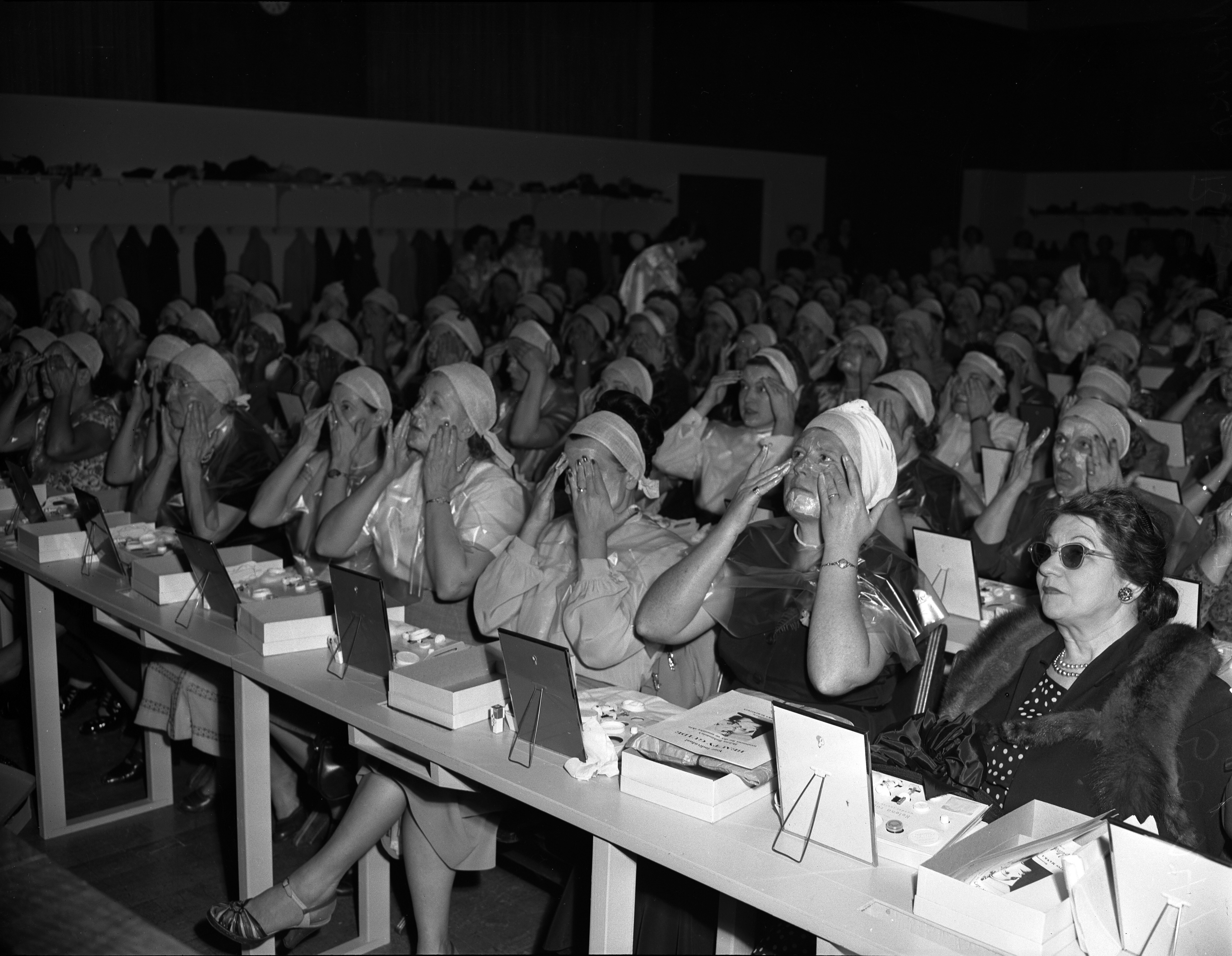One of my favourite books, and favourite films, is Fight Club, by Chuck Palahniuk. I’ve had conversations, both drunken and sober, about its perceived misogyny, and my main defence of the novel is always that I just love Marla. Arguably, she makes the story happen, the everyman protagonist is holding it together until he meets Marla, but his instant attraction to her causes him to unravel.
And no w I’ve found a new female catalyst who I love just as much, despite the fact that she may be the embodiment of all that is Evil about Femininity. It’s Milly Wormold, the innocent vacuum cleaner’s daughter in Graham Greene’s Our Man in Havana.
w I’ve found a new female catalyst who I love just as much, despite the fact that she may be the embodiment of all that is Evil about Femininity. It’s Milly Wormold, the innocent vacuum cleaner’s daughter in Graham Greene’s Our Man in Havana.
Without too many spoilers, the main character, Wormold, is recruited to spy for the British secret service. He agrees because he’s desperate for money, a single dad with a daughter becoming a young woman, he’s bombarded with requests, ‘I need a pony.’ ‘We need to join the country club.’ etc. All of which drive him on in his secret work (which turns out to be a different secret than you’re imagining).
The book was first published in 1958, and Milly does feel like a throwback to a pre-feminist era when women were encouraged to regard a good social position and a smooth transition between father and husband (and yes I know how ‘ew’ that sounds,) as their main concern. Milly shows no ability to go out and solve her own problems, she’s entirely without any of the character traits that get banded about when it comes to female protagonists. No determination, no decision making, no self actualisation.
Her benign requests, and her utter incomprehension that her father has no money, are toe curling in their intensity. Her naiveté makes her an immovable force in Wormold’s life. And as his daughter, she does have the right to request the protection and support of her father, even if he’s incapable of living up to her expectations.
It’s utterly believable that Wormold would be driven by her demands to the extreme actions that he takes. Just as I believe the madness of Fight Club, inspired (in my opinion) by a woman.
She’s not the only woman in the book, and the practical, intelligent spy Beatrice will probably be the subject of a another post. But for now Milly, in all her fifties feminine innocence, is my new favourite thing.
